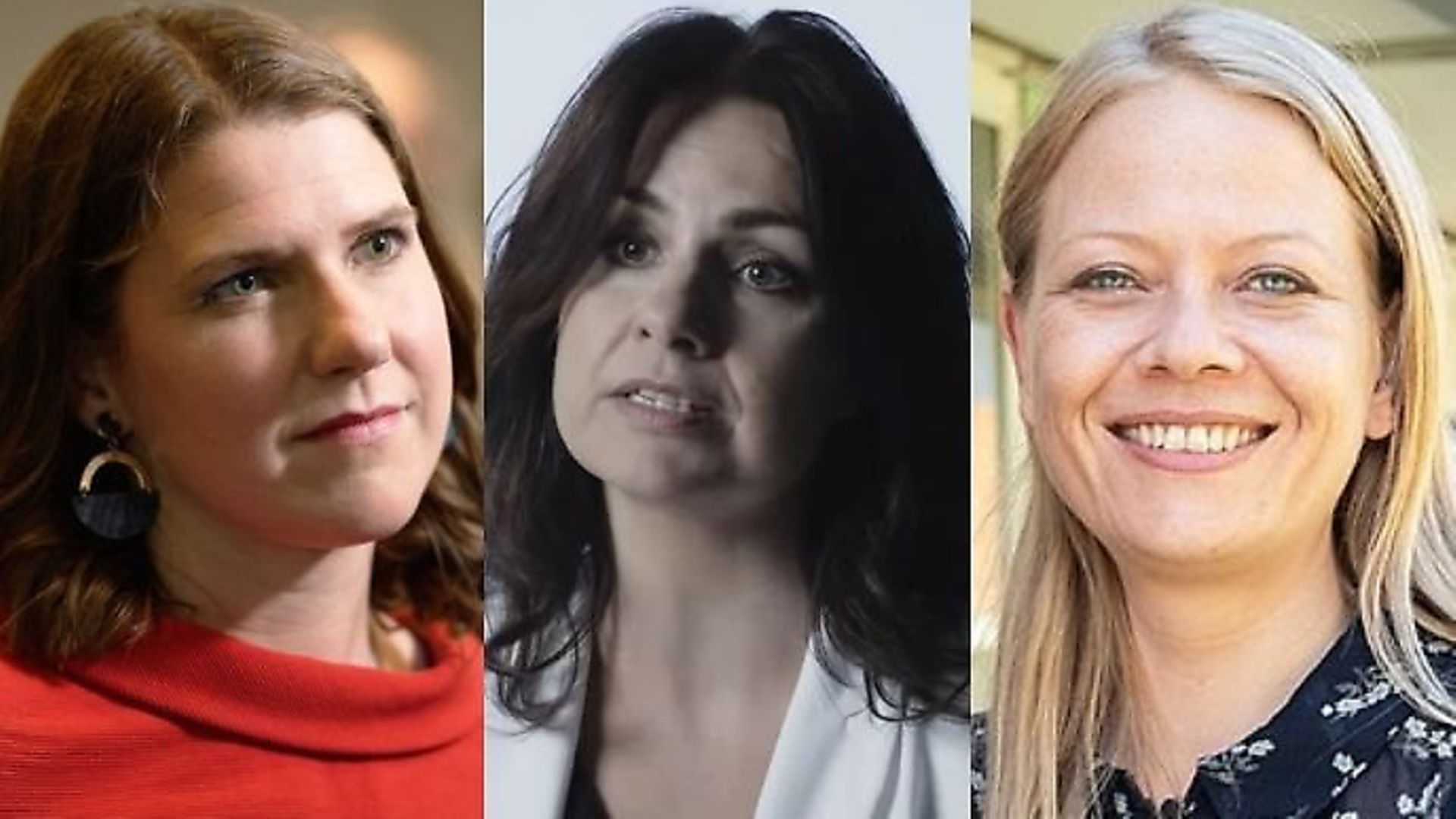
There is urgent need for collaboration between Remain parties ahead of a possible general election. PETER DUNPHY from Unite to Remain explains how he hopes the movement will go further than that.
In the run-up to the close of nominations in the European Parliament elections back in April, there were a series of increasingly pressing conversations between Remain supporting politicians and campaigners about how best to maximise the number of MEPs elected for Remain parties – and how best to stop a landslide for Nigel Farage’s new Brexit Party.
Another new party – Change UK – had been hurriedly registered with the Electoral Commission to stand in the elections. The risk of a divided vote was real.
It became clear that very few people really understood the complexities of the D’Hondt system used in the elections. I had modelled a worst case scenario whereby the Liberal Democrats (pre-surge), Change UK (then enjoying a relative honeymoon period) and the Green Party each attained 9% of the popular vote, evenly distributed – delivering only one or two seats combined for a total vote of 27%, with the Brexit Party polling the same 27% yet winning 25 seats.
As we know, no pact happened – candidates were already in place, a joint list was not possible and no formal proposal was ever tabled. Voters turned instead to tactical voting, and with their local election bounce and superior campaigning machine, the Liberal Democrats and Greens benefitted. Change UK was punished by the electorate and then split in half over the issue of electoral co-operation. But the divided vote still counted – the Brexit Party won 29 seats with 30.5% of the vote, whereas the larger combined Lib Dem, Change, Plaid Cymru, SNP and Green vote of 39.2% returned a total of just 27 seats.
This was a wakeup call for a future General Election fought under the much more unforgiving First Past the Post system, in which such a division of votes would have provided an overwhelming majority for Farage. Chris Hanretty of Royal Holloway’s calculations gave the Brexit Party 414 seats to the Lib Dems 74 and 10 each for Plaid and the Greens.
A group of MPs, political strategists and potential donors immediately set to work to make sure that a ‘remain alliance’, as it had become known, could be created for real. One of the driving factors is that our political donors are not partisan – they do not wish to support one party and certainly won’t support one Remain party if it is fighting other Remain parties. And so Unite to Remain was born.
We decided to talk directly to the parties face to face rather than seek to lobby through supporters or public petitions.
This month’s Brecon and Radnorshire by-election was the first test: an agreement was made to back the Lib Dems, made easier by the fact that they had been in contact with Plaid Cymru, and the Green Party had already considered not running. Change UK and Renew also agreed to stand aside.
The result – Lib Dem candidate Jane Dodds defeated Tory incumbent Chris Davies – demonstrates the need for this to be replicated elsewhere. And Unite to Remain is now in regular dialogue with the parties of England and Wales at the highest level.
We have decided not to operate in Scotland where the dominance of the SNP and the very different unionist vs independence dynamic makes our efforts redundant. We are providing the parties with detailed psephological and polling data. We do not need an arrangement in every seat, only those 100 seats or so where a pact will make a critical difference.
The parties are all also clear in their support for greater action on climate change, constitutional reform including PR, a reversal of austerity rather than tax cuts and greater devolution and there’s a sense that this is not just about mathematics but a genuine meeting of minds.
We are looking forward to a wide alliance not just at the General Election but afterwards in the House of Commons.
– Peter Dunphy is co-Founder and director of Unite to Remain









